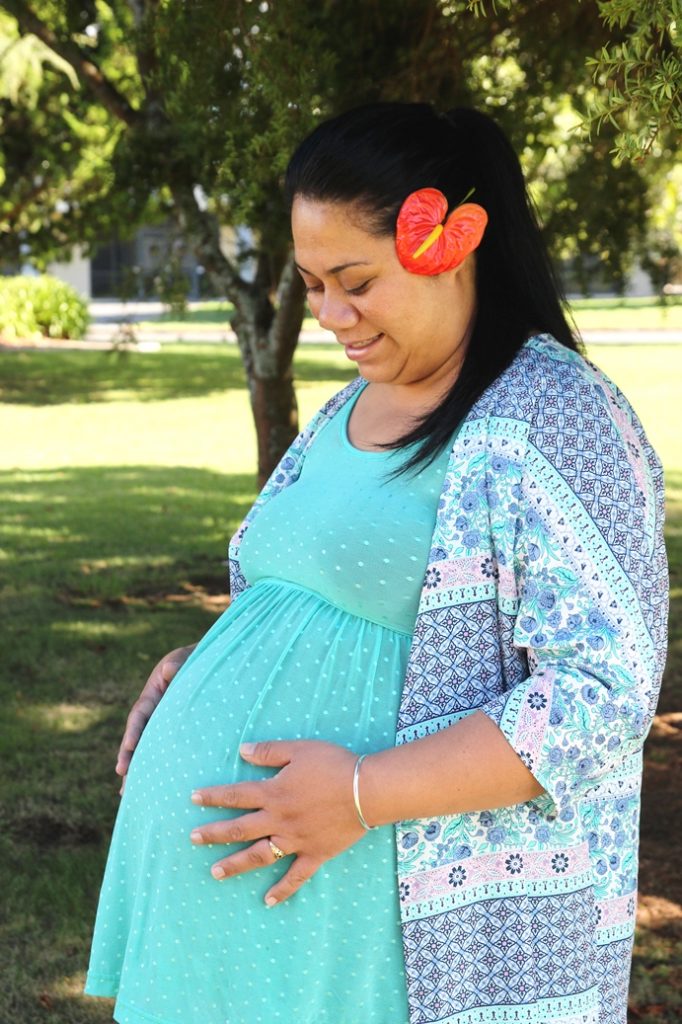New Zealand people are getting heavier and as a result are suffering health problems, such as diabetes and heart disease. What the mother eats during her pregnancy can influence her baby’s risk of developing these health problems in the future.
Heavier pregnant women have more pregnancy problems  than women who are thinner. These include diabetes during pregnancy, high blood pressure and increased Caesarean births. There is also an increased risk of diabetes and high blood pressure after pregnancy, especially if too much weight is gained during pregnancy. Babies born to heavier women are more likely to be larger and have complications around the time of birth, such as birth injury and low blood sugar (hypoglycaemia). Babies who are excessively large are also more likely to become heavier children and adults, with higher risk of diabetes and other health problems. The good news is that improving the mother’s diet may reduce weight gain and diabetes in pregnancy which would benefit the present and future health of mothers and their babies.
than women who are thinner. These include diabetes during pregnancy, high blood pressure and increased Caesarean births. There is also an increased risk of diabetes and high blood pressure after pregnancy, especially if too much weight is gained during pregnancy. Babies born to heavier women are more likely to be larger and have complications around the time of birth, such as birth injury and low blood sugar (hypoglycaemia). Babies who are excessively large are also more likely to become heavier children and adults, with higher risk of diabetes and other health problems. The good news is that improving the mother’s diet may reduce weight gain and diabetes in pregnancy which would benefit the present and future health of mothers and their babies.
Many bacteria live in our gut and these bacteria influence our health. Probiotics (friendly bacteria that are good for our health) change the environment in the gut and may improve how our body breaks down food. Research shows they may help prevent diabetes in pregnancy and maintain healthy weight. Probiotics are safe to take in pregnancy.
We hope to improve the health of mothers and babies in South Auckland by undertaking the HEALTHY MUMS and BABIES (HUMBA) Trial.This study will test two interventions in overweight pregnant women:
- Dietary education – advice on what foods are best to eat when pregnant
- Probiotic capsules (naturally occurring bacteria with health benefits) which may reduce diabetes in pregnancy
The goals of the HUMBA trial are:
- To reduce excessive weight gain during pregnancy
- To reduce the chance of babies being born larger than average
- To improve regulation of blood sugar and reduce diabetes in pregnancy
The HUMBA trial is a four-armed randomised controlled trial. This means that women who take part will be allocated, by computer, to one of the following four groups:
- Probiotic capsule plus routine dietary advice
- Probiotic capsule plus dietary education
- Placebo (a harmless dummy capsule) plus dietary education
- Placebo capsule plus routine dietary advice
If the treatments used in the HUMBA trial are found to be helpful they may be incorporated into future antenatal care.
